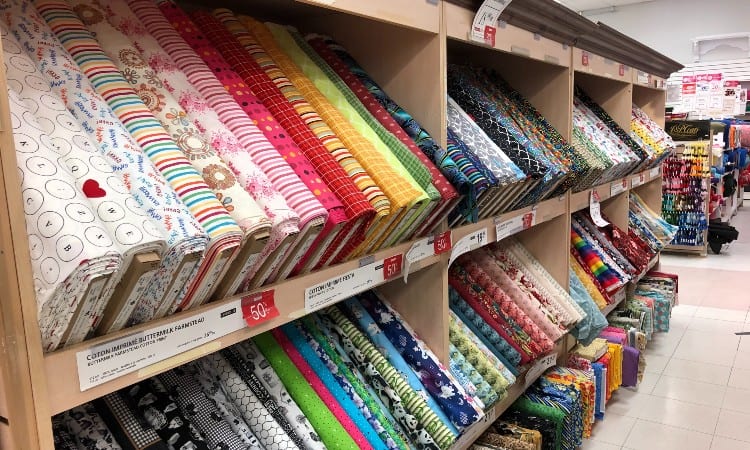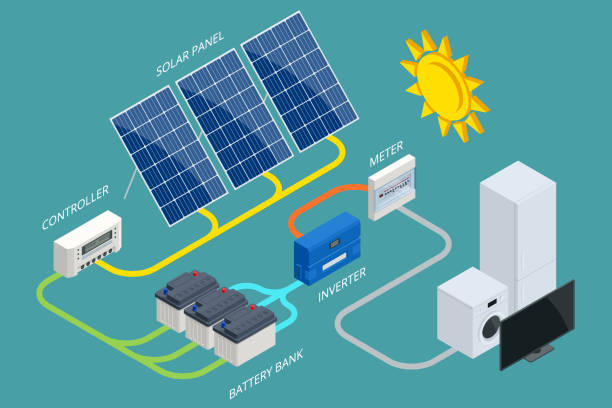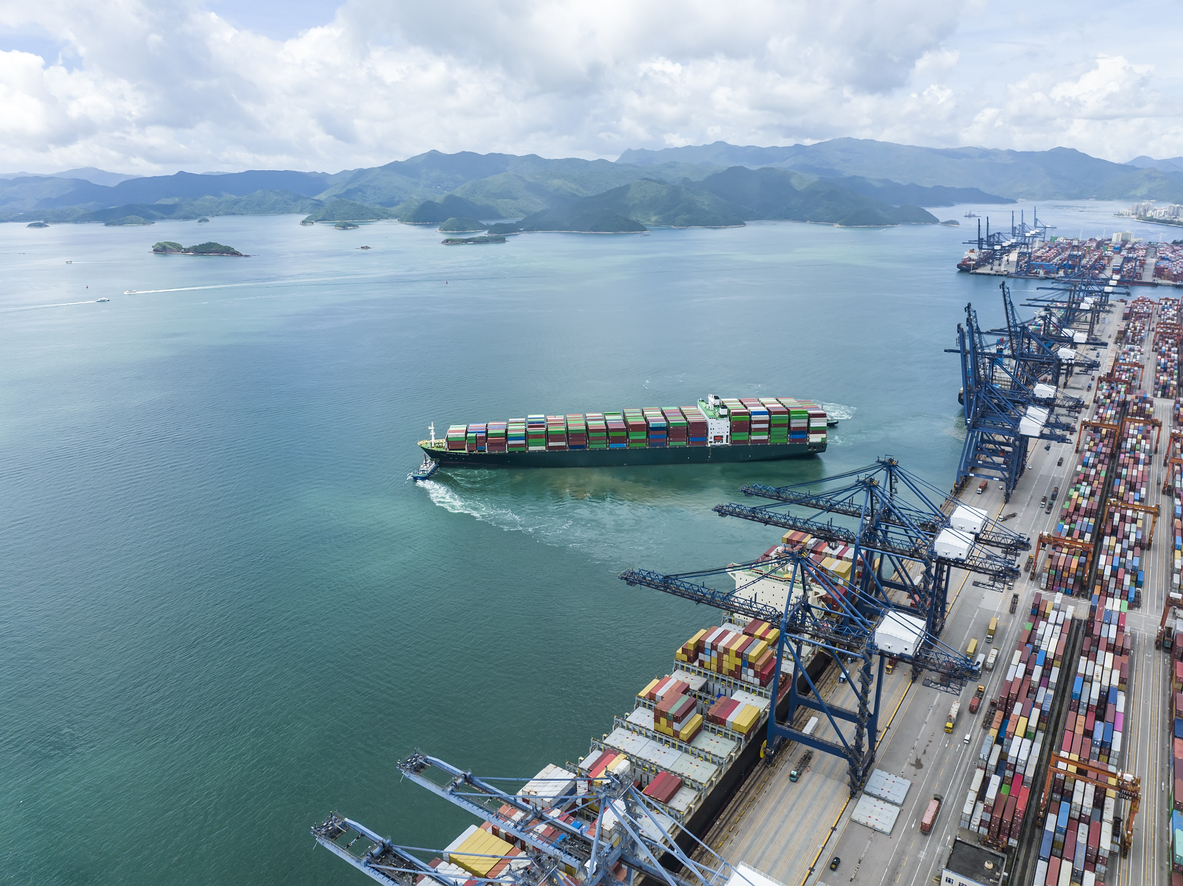A Step-by-Step Guide to Buying and Exporting Light Synthetic Cotton Fabrics from Rwanda
A Step-by-Step Guide to Buying and Exporting Light Synthetic Cotton Fabrics from Rwanda
Are you looking to import light synthetic cotton fabrics from Rwanda? You’ve come to the right place! With this step-by-step guide, you’ll be able to navigate the process of purchasing and exporting fabrics from Rwanda in no time. From understanding the market to finding reliable suppliers and negotiating prices, this guide will provide you with all the information you need to successfully purchase and export light synthetic cotton fabrics from Rwanda. We’ll also cover what documents you need to ensure a smooth export process, as well as the regulations and requirements you’ll need to keep in mind. By the time you finish reading this guide, you’ll have a comprehensive understanding of the entire process and be well on your way to sourcing high-quality light synthetic cotton fabrics from Rwanda. So, let’s get started!
Understanding the Rwandan Light Synthetic Cotton Fabric Market
Although the light synthetic cotton fabric market in Rwanda may be less developed than other industries, it still has plenty of potential. By understanding the current market, you’ll be able to identify areas for growth and develop strategies for tapping into this potential. Some of the key details to understand include the growth rate of the Rwandan light synthetic cotton fabrics market, as well as the fabric types and end uses. When it comes to the growth rate of the Rwandan light synthetic cotton fabrics market, things are looking bright. One study suggests that the market will grow at an annual rate of 6.7% between 2018 and 2022. This growth rate is attributed to the increasing demand for light synthetic cotton fabrics in various sectors, such as healthcare, homecare, and the apparel industry.
Fabric Types and End Uses
The Rwandan light synthetic cotton fabrics market features a variety of fabric types, including plain-weave fabrics, sateen fabrics, crepe fabrics, and satin fabrics. Each of these fabrics is used in a variety of end uses, including apparel, home furnishings, and healthcare products. As you can see, the Rwandan light synthetic cotton fabrics market is a growing and vibrant industry, and the fabric types and end uses can only expand in the future.
Finding Reliable Suppliers
Before you start sourcing fabrics from suppliers in Rwanda, you’ll first need to find reliable suppliers. This can be a little challenging, especially if you’re new to the industry, but don’t worry! We’ve got you covered. By following the steps below, you’ll be able to identify reliable light synthetic cotton fabric suppliers in Rwanda and successfully purchase fabrics from them. Let’s jump in! The first step is to visit the Textile Exchange website and enter the type of fabrics that you’re looking for. In this case, you’ll want to select “light synthetic cotton fabrics” as the type of fabrics that you’re looking for. This will pull up a list of suppliers who deal with light synthetic cotton fabrics. Now, you’ll need to narrow down your list of suppliers using the information provided by The Textile Exchange. You can start by selecting the continent where you want to source fabrics (in this case, Africa). You can then use the drop-down menu to select the country where you want to source your fabrics (in this case, Rwanda). This will pull up a list of suppliers from Rwanda who deal with light synthetic cotton fabrics.
## Negotiating the Best Prices
Now that you’ve found reliable suppliers, it’s time to negotiate the best prices. To do this, you’ll want to visit the suppliers’ facilities and conduct a sample test. This way, you’ll be able to evaluate the quality of the fabrics yourself, as well as discuss prices with the suppliers in person. While you’re visiting the suppliers, don’t forget to bring your company’s purchase order (PO) with you. This will allow you to officially negotiate prices and create an order on the spot. Generally, the best time to source fabrics is in the early spring. This is when suppliers are stocking up on fabrics and are looking to move as much product as they can before the end of the season. As such, you’ll likely be able to negotiate lower prices this time of year.
Understanding Export Regulations and Requirements
Before you start exporting light synthetic cotton fabrics from Rwanda, make sure to understand the export regulations and requirements. Generally, there are three main types of fabrics that you can export from Rwanda: woven fabrics (including cotton fabrics and synthetic fabrics), knitted fabrics, and woven fabric waste. You’ll need to make sure that the fabric type that you’re exporting meets the export regulations, as well as the criteria for cleanliness, colorfastness, and evenness of weave. Once you’ve confirmed that your fabrics meet the requirements, you can go ahead and export them. The general rule of thumb is that the fabrics you’re exporting should have a minimum of 35% fiber content. In the case of synthetic fabrics, the fiber content should be 60%. Depending on where you’re exporting your fabrics to, you may also need to provide a certificate of origin.
Documents Required for Exporting Light Synthetic Cotton Fabrics
Before you start exporting your fabrics, make sure that you have the documents required. The first document that you’ll need is a certificate of origin. This document verifies that the fabrics that you’re exporting meet the relevant regulations. The second document that you’ll need is a commercial invoice. This document lists the details of your fabrics, such as the type of fabric, the quantity, and the price. The third document that you’ll need is an inspection report. This document verifies that the quality of the fabrics is up to standard. The final document that you’ll need is a packing list. This document lists all of the fabrics that you’re exporting, including the type of fabric, the quantity, and the grade of the fabric.
Tips for a Smooth Export Process
By following the steps above, you’ll be well on your way to sourcing high-quality fabrics from Rwanda. To help ensure a smooth export process, keep the following tips in mind: – Always source fabrics from approved countries. This will help ensure that your fabrics meet the required standards. – Negotiate the best prices and terms from the start. This will make it easier to negotiate with the suppliers later on. – Find trustworthy and reliable suppliers. This will help ensure that you get high-quality fabrics and a smooth export process. – Start early. Procuring fabrics early will allow you more time to find the fabrics that you want. This will also allow you more time to negotiate the best prices. – Follow the regulations. Make sure to follow the regulations for exporting fabrics from Rwanda to ensure a smooth and efficient process.
Conclusion
Now that you’ve finished reading this guide, you know everything you need to know about sourcing and exporting light synthetic cotton fabrics from Rwanda. From understanding the market to finding reliable suppliers and negotiating prices, you’ll be well prepared to source high-quality fabrics from Rwanda. Make sure to keep these tips in mind to ensure a smooth export process from start to finish.








LEAVE A COMMENT
You must be logged in to post a comment.